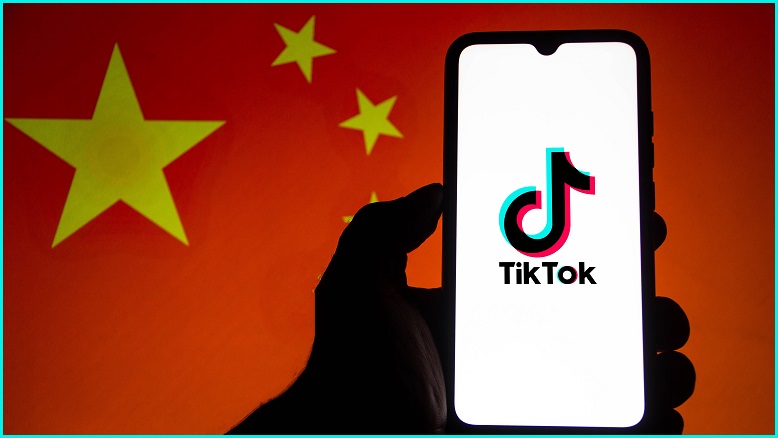TikTok employees in China have access to Australian user data but would reject a request by the Chinese government to access it, the tech giant’s executives have claimed at an Australian Senate Committee hearing.
The final hearings of the Senate Select Committee on Foreign Interference through Social Media this week focused on the influence of China-based tech firms in Australia.
Committee chair Liberal Senator James Paterson accused TikTok executives appearing at the hearing of “obfuscation” and said WeChat had shown “contempt” for the Australian Parliament by refusing to appear at all.
TikTok executives, including public policy manager Ella Woods-Joyce, appeared before the Committee on Tuesday, with questions centring on the company’s links to China and its data collection policies.
China’s National Intelligence Law, which requires all organisations and citizens to “support, assist and cooperate” with national intelligence efforts and to “protect national intelligence work secrets”, has led to concerns that Chinese authorities could demand access to the data of Australian TikTok users.
Woods-Joyce told the Senators that this law does apply to TikTok’s China-based employees, but that this is “no more and no less than any business” operating in the country. She said that the company has not been asked to hand over data to the Chinese Communist Party, and that it would refuse to do so if it was.
“We will not provide it if we were asked,” Woods-Joyce said.
The National Intelligence Law also requires secrecy so it is unclear how this would work in practice.
TikTok’s head of data security Will Farrell confirmed that some China-based employees do have access to the data of Australians, but this is on a “very strict basis” with a “number of protections in place”.
He said that if there has been a data access request across national borders then the global security team based in the US has to check it.
“Employees can’t get access without a clear justification and levels of approval,” Farrell said.
Paterson criticised TikTok’s Woods-Joyce’s “obfuscation” after she said she was unsure where the company’s “formal headquarters” was.
“Are you seriously not able to say how your parent company, which ultimately owns and controls you, is operated?” Paterson said.
“Your reluctance to acknowledge basic facts about the parent company with whom you are ultimately employed is not a promising start to your willingness to honestly answer these questions, it appears like obfuscation to me.”
TikTok’s appearance at the hearing comes soon after the Australian government banned TikTok from all public service devices, claiming the app poses a “significant protective security risk” to the Commonwealth.
Social media in the spotlight
Also appearing before the committee was Meta head of public policy Australia Josh Machin who said that China-based misinformation actors are becoming increasingly prevalent on social media. Half of the Chinese-based coordinated inauthentic behaviour networks disrupted since 2017 on Meta were identified this year, Meta said.
“We are seeing an evolution in the tactics out of particularly networks and operations originating [in] China,” Machin said.
China-based instant messaging app WeChat was also in the crosshairs of the Senate Committee after executives from the company repeatedly refused requests to appear before it.
“The Committee had important questions for WeChat to answer, which we believe can only be canvassed in a public hearing,” Paterson said.
“I wrote to WeChat on 4 July 2023 to advise them that their refusal to appear before the Committee sends a clear message about the company and its willingness to comply with Australian law.”
The Senate has the power to compel witnesses to attend a public hearing, but WeChat does not have any Australia-based employees and this power does not extend extra-territorially.
“It demonstrates contempt for the Parliament of Australia by WeChat and their parent company Tencent,” Paterson said.
“It is untenable for a company with so much influence on our diaspora communities to be able to operate with impunity and demonstrate its disregard for our system of government without consequences.”
WeChat has an estimated user base in Australia of one million people.
In a response to Paterson, WeChat said that it “takes its compliance and legal obligations seriously in all markets in which it operates”.
“We remain committed to providing responsive information to the Committee in writing and remain open to hearing the Committee’s views and questions,” the WeChat statement said.
The Select Committee will report back to Parliament at the start of August.










